22 March 2025
Imagine this: you're standing at a magical crossroads, three paths ahead of you. One leads to a bustling city where intrigue and power struggles await; another spirals into a dark forest filled with mystery and danger; the third? A sun-drenched coastline hiding secrets beneath its sparkling waves. This is the beauty of branching storylines in RPGs (Role-Playing Games). They don’t just let us play a character—they let us become the character, shaping the story with every decision we make.
And let’s be honest, that feeling of control is insanely addicting. The beauty of these storylines isn’t just about choices; it’s about the consequences of those choices and how they ripple through our digital playgrounds. It’s no wonder we hit “New Game” again—and again—and again.
But what is it, exactly, about branching storylines that keeps us glued to our screens for hours? Let’s unravel that mystery together.
Choices That Actually Matter
There's nothing worse than a game that pretends to give you freedom but ultimately drags you along its pre-determined path. (Looking at you, some linear RPGs!) Branching storylines, on the other hand? They turn the entire gaming experience into a choose-your-own-adventure epic.Think about classic RPGs like The Witcher 3: Wild Hunt or Mass Effect. Every dialogue option, every mission, every unexpected moral dilemma feels important. Do you side with the noble, virtuous leader who could potentially betray you later—or do you risk allying with the morally gray wildcard who might set the world on fire?
These aren’t just throwaway decisions either. In games with branching narratives, your choices can literally change the ending and alter the journey along the way. It’s like starting as a director and ending up as a co-author of the world you inhabit. And, honestly, who doesn’t want to feel like a puppet master pulling all those narrative strings?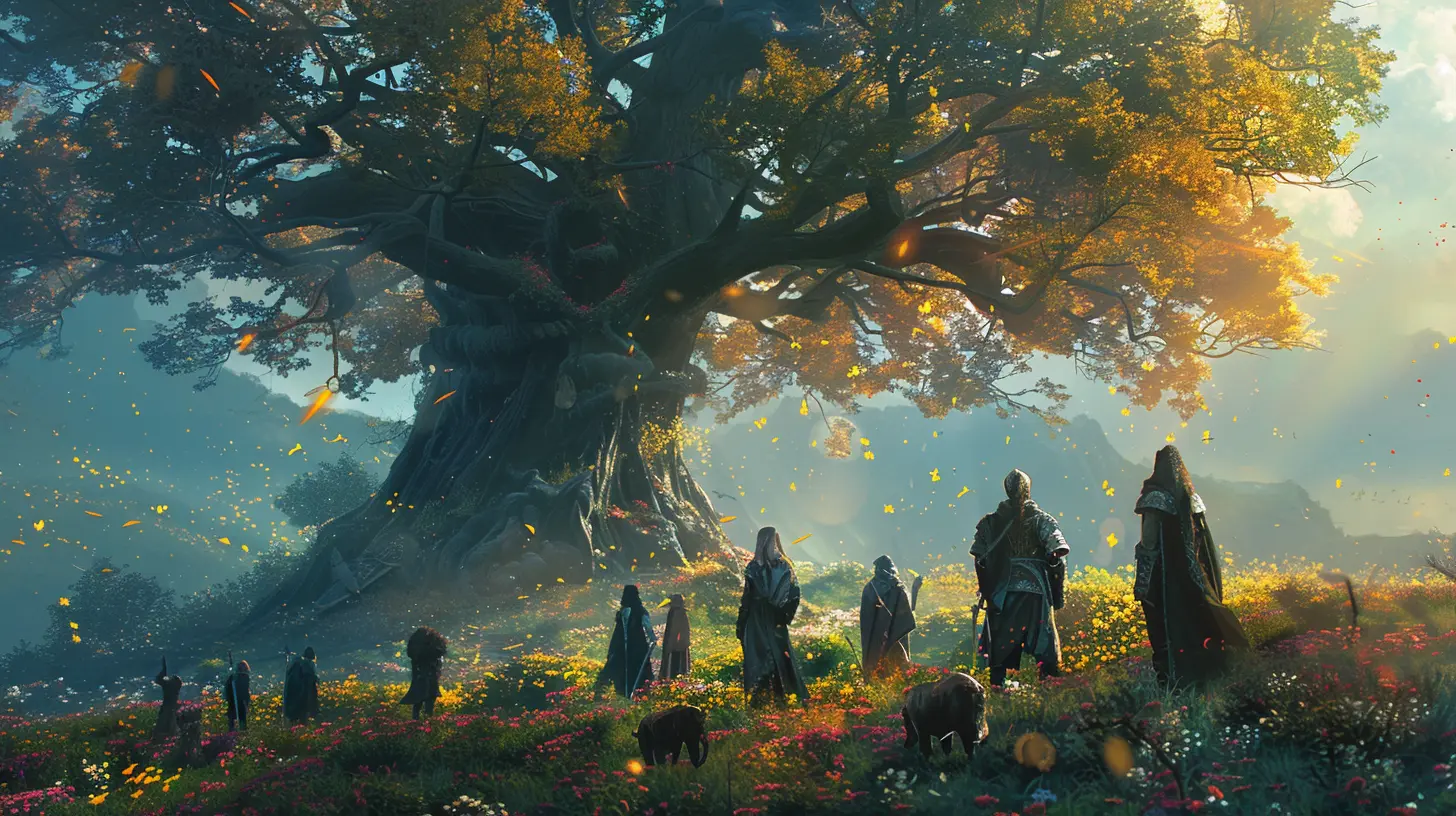
That Sweet, Sweet Replayability
Let me paint a picture for you: You finish the game, brimming with pride (or maybe regret—depending on how chaotic your choices were). You sit back, reflect on the journey, and then realize... “Wait. What if I had chosen this instead?” Cue the second playthrough, which feels just as fresh as the first.Branching storylines are like that restaurant menu where everything looks delicious. You try one dish, but deep down, part of you knows you’ll be back next week to taste something else. Every choice path in the story feels like its own unique flavor. Maybe the first time, you were the noble hero, rescuing peasants and saving kingdoms. But on your next run? Maybe you play the anti-hero, betraying allies and watching the world burn.
Take a game like Undertale. Your choices dictate everything—from who lives or dies to the music that plays in the final boss fight. Whether you go the pacifist route or unleash chaos, the game delivers drastically different outcomes. It’s no wonder people keep playing and replaying. It's not just a game anymore; it’s a personalized story.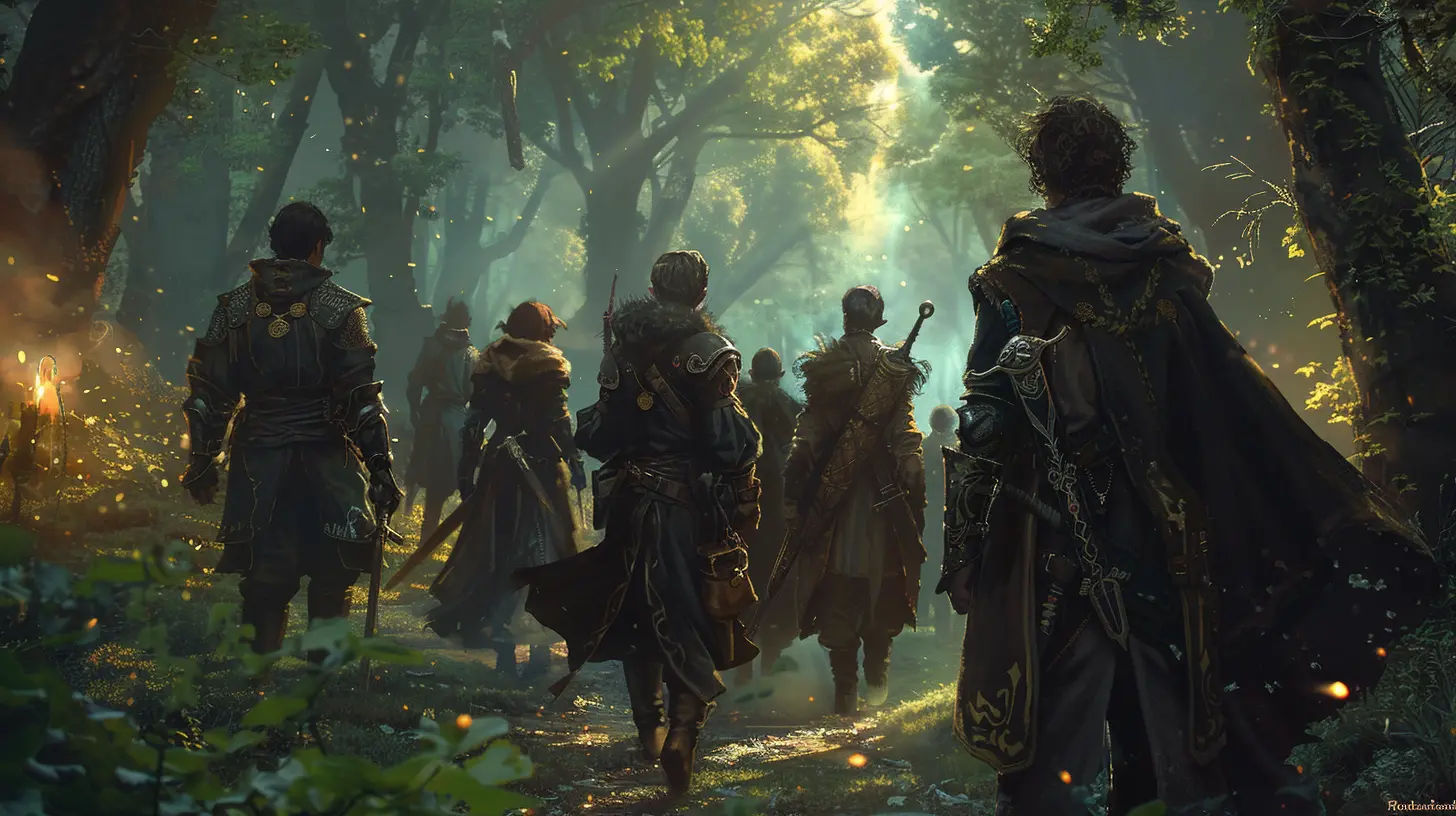
Emotional Investment: The Ultimate Hook
Branching storylines are soul-sucking in the best way possible. Why? Emotional investment. When an RPG makes you care about the characters, the stakes feel so much higher. Suddenly, making the "wrong" decision feels less like missing a secret chest and more like accidentally betraying your childhood bestie.For example, in Dragon Age, telling Alistair to take the throne or to step away from power feels more like choosing someone’s destiny than just clicking a dialogue option. And don’t even get me started on Telltale’s The Walking Dead—I still wake up at night wondering if I made the right call in saving one character over another.
When a game makes you care this deeply, it becomes more than a pastime. It's like binge-watching a Netflix series but you’re the showrunner. You’re calling the shots, for better or worse. And when those consequences come back to haunt you? Oh, the sting. But hey, you wouldn’t have it any other way.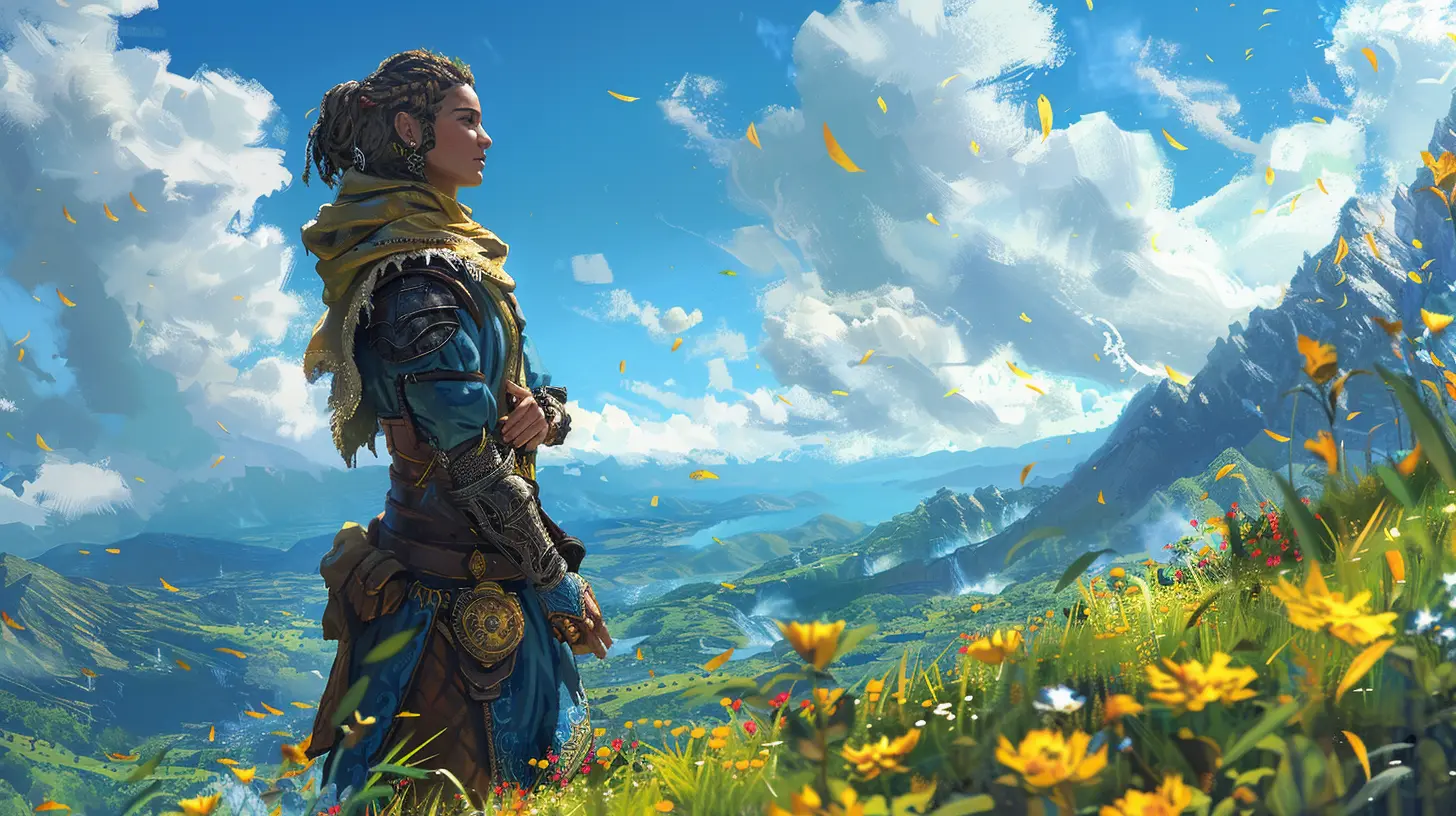
A Mirror to Ourselves
You know what’s kind of wild? Branching storylines don’t just show us who our characters are; they show us who we are. Every decision we make in those games reflects some part of our personality. Are you the altruistic hero who saves everyone, even if it costs you everything? Or are you the Machiavellian schemer who plays the long game, no matter the casualties?In some way, these storylines act like digital personality quizzes, except instead of finding out what type of pasta we are (seriously, who comes up with those?), we find out what kind of moral compass we wield when no one’s watching. It’s like therapy, minus the awkward couch and copay.
Some of the most thought-provoking games—like Papers, Please or Detroit: Become Human—push you into ethical dilemmas that make you pause and really think. Do you exploit the system for survival, or do you uphold your principles? Do you treat androids as equals or tools? These choices hit different because they mirror real-life moral gray areas, and they stick with you long after you’ve powered down your console.
The Illusion of Free Will (But We Love It Anyway)
Okay, so let’s be real for a second. Are these branching storylines as open-ended as they seem? Probably not. Most games stick to a finite set of outcomes, and developers are pulling the strings more than we’d like to admit.But here’s the kicker: We don’t care. Why? Because the illusion of free will is just as satisfying. Even if there are guardrails behind the scenes, the fact that our choices feel meaningful is enough to keep us hooked. It’s like being on a rollercoaster—sure, you’re strapped in and following a track, but you still feel like you're flying.
Games like Life is Strange give us just enough control to feel like we’re steering the ship, even if the destination is predetermined. And honestly, that’s kind of the point. Giving us a sandbox with limitless choices would be overwhelming. Instead, we get something better: curated chaos. And boy, do we love it.
Branching Storylines vs. Linear Narratives
Let’s talk about the elephant in the room: linear narratives. Now, don’t get me wrong—there’s nothing wrong with a tightly crafted story. Some of the greatest games (God of War, anyone?) follow a linear path, and they do it flawlessly. But... there’s something inherently special about having a hand in the story.Linear narratives often feel like reading a book. You’re flipping the pages, sure, but the story’s already set in stone. Branching storylines? They feel like writing the book as you go, with the plot twists catching even you off guard. It’s storytelling with an edge—a chaotic, unpredictable edge.
And let’s face it: linear narratives don’t leave as much room for surprises. Once you’ve played them, you pretty much know how it ends. But with branching storylines? Every decision feels like flipping a coin, and you’re never quite sure where it’ll land. That unpredictability? That’s the secret sauce.
Where Do We Go From Here?
Branching storylines aren’t just a gimmick or a trend; they’re evolving. With advancements in AI, procedural storytelling, and player-driven narratives, the future of RPGs could deliver even more personalized experiences. Imagine a game that adapts not just to your choices but to how you play—tracking your subtle habits and crafting a story that fits you like a glove. Creepy? A little. Awesome? Absolutely.As more developers lean into sandbox storytelling, the possibilities are endless. Whether you’re a completionist hunting down every ending or a one-and-done kind of player, there’s no denying that branching storylines are here to stay.
Why We Can’t Quit Them
At the end of the day, branching storylines tap into something deeply human: our desire for agency and connection. They make us feel like our actions matter, like we’re not just passive participants but active shapers of the world around us. That sense of power? It’s intoxicating.And let’s be honest—who doesn’t love the idea of creating their own epic tale, a saga filled with heartbreak, triumph, betrayal, and redemption? Branching storylines let us do just that, one choice at a time.
So, the next time you’re at a literal or metaphorical crossroads in your favorite RPG, take a moment to appreciate the magic. Because whether you choose the path of glory or chaos, one thing’s for sure—you’ll be coming back for more.



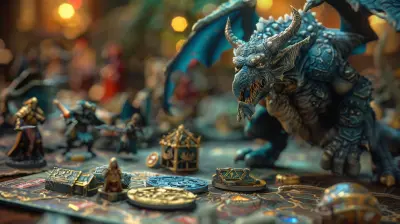
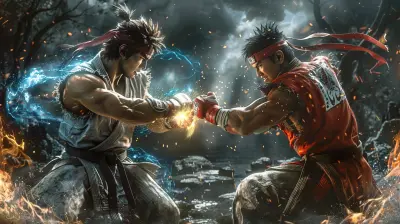
Destiny Reilly
Branching storylines in RPGs create immersive, personalized experiences that resonate emotionally, driving players to explore every path and choice, fostering deeper investment in the game world.
March 31, 2025 at 3:17 PM